Nepal's Oli attempts a 'King's Gambit' amidst a raging COVID-19 wave
- EP News Service
- May 26, 2021
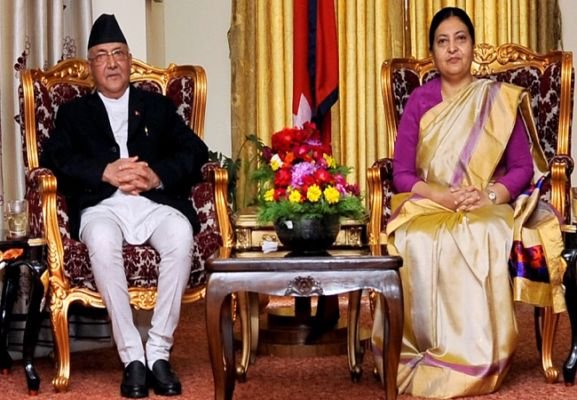
NEW DELHI: The Himalayan nation of Nepal has plunged into turmoil, both politically as well as on account of the humungous public health scare due to the raging COVID-19 pandemic. The public health infrastructure pushed beyond its limit in the second wave of COVID-19 pandemic has almost collapsed. Just like in India, hospitals in Nepal have run out of beds, oxygen and medicines and a record number of deaths are being reported each day.
The dissolution of the parliament for the second time in less than six months and the impending elections has come as a shocker in the midst of the renewed catastrophic wave of COVID-19 infections. After the availability of vaccine in Nepal became scarce, the state of this epidemic has gone out of the control of the government and people have been struggling to fend for themselves.
The constitutional and health experts have criticized the president's move to hold elections. Almost all the parties of the opposition have called this move as unconstitutional, inhumane. They also argue that before announcing such a move a lesson should have been learnt from the bad experience of the recent Haridwar Kumbh Mela in India, where more than an estimated one crore estimated participated in rituals like Ganga Snan and became super spreaders back in their towns and panchayat etc.
Calling it a mere bid by the head of state to protect Oli’s political career, the opposition parties have in fact demanded that elections should be postponed immediately.
Nearly 149 MPs of Nepal's opposition parties have made up their mind to take refuge in the Supreme Court to challenge the constitutionality of the President's decision. Incidentally, the number of these MPs is more than the majority of 137 in the 275-member House of Representatives.
A Very Complex Matter Indeed
The case of Nepal's election is somewhat complicated. The Oli government had a two-thirds majority in the Representative Assembly in the last election held in December 2017 and it was running rather smoothly. But somehow Oli felt that some leaders of his rival faction in the ruling camp could shake his chair in the lure of the Prime Ministership.
The so-called rival factions had their grouse against the veteran calling him an authoritarian who takes all decisions himself by sidelining seniors in the party. He is even accused of appointing his close people as members to key commissions and other statutory bodies in the administration.
Ironically, Oli feared that his government would not survive even with a majority. As a new move in the political arena, he unexpectedly took the step of dissolving the house and holding a new election. A move to demolish his own government in democratic Nepal. In the game of chess, it can be called 'King's Gambit' In a way, Oli put himself at stake.
Seven ministers of the Oli cabinet resigned in protest against the move, saying dissolution of the house is an unconstitutional and undemocratic move against the people's mandate of the last election. They also claimed that this posed a serious threat to political stability in Nepal sandwiched between two huge nations, India and China.
When the opposition approached the Supreme Court of Nepal, it ordered the Oli government to seek a vote of confidence in the House of Representatives. Then the Oli government had a majority in the House
Suicidal Or Against The People Itself
In December 2020 when Bhandari dissolved the parliament on Oli’s request Indian journalist writer Anand Swaroop Verma who is a specialist in Nepal affairs, called the move a suicide step of Oli but did not immediately explain it. He said this much in a short post on Facebook, "The analysis of this suicidal step by Oli will manifest itself very soon. It is clear that both India and China have an interest in the politics of Nepal and both have political 'agents' in Nepal to forward their vested causes.
The chamber was the first elected since the end of a bloody Maoist rebellion and the abolition of Nepal’s 200-year-old monarchy in 2008.
Even then Bhandari’s decision had set off nationwide protests and dozens of petitions at the Supreme Court which had ruled against her decision and reinstated the parliament, which had to seek a no-confidence vote against Oli. Oli lost it however the opposition could not muster a majority to form a government.
The Constituent Assembly had come to fruition on 24 December 2007 when it was announced that the monarchy would be abolished in 2008 after the Constituent Assembly elections and on 28 May 2008, Nepal which was till then the only 'Hindu' state of the world declared the Federal Democratic Republic embracing secularism.
The precursor to this was the result of the Royal massacre, after which King Gyanendra returned to the throne. His imposition of direct rule in 2005 provoked a protest movement unifying the Maoist insurgency and pro-democracy activists. He was eventually forced to restore the House of Representatives, which in 2007 adopted an interim constitution greatly restricting the powers of the Nepalese monarchy.
Following an election held the next year, the Nepalese Constituent Assembly formally abolished the kingdom in its first session on 28 May 2008, declaring the Federal Democratic Republic of Nepal in its place.
The Elections of 2017
Nepal did not have a 'communist revolution' even in 2017, but their parties have been dominating the state by winning elections in this Himalayan newly established sovereign democratic secular republic surrounded by India that is India and the People's Republic of China, and Oli got the edge.
He had got more than two-thirds majority in the 275 seats of the House of Representatives in the December 2017 election, the lower house of the Parliament of India, similar to the Lok Sabha of India.
Under the new constitution of Nepal, direct elections are held for 165 seats of the House of Representatives. For the remaining 110, elections are made indirectly through a proportional representation system.
However, it remains to be seen how Nepal's Supreme Court puts an end to the illustrious rule of President Bidya Devi Bhandari of the same political party, and will Oli's 'King's Gambit' pay off.



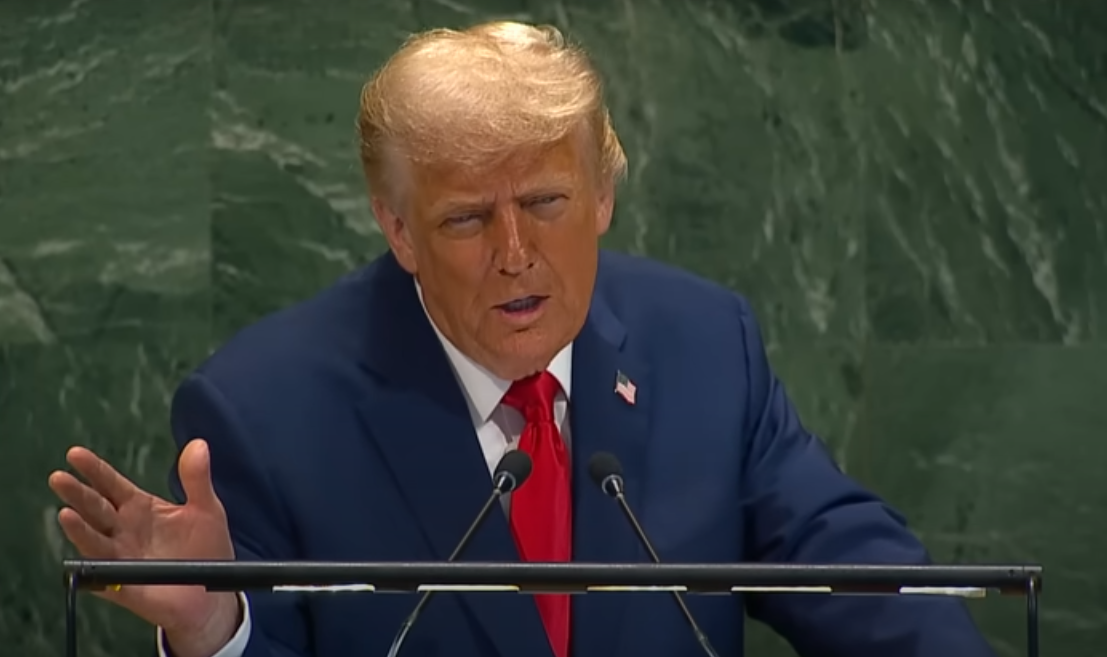
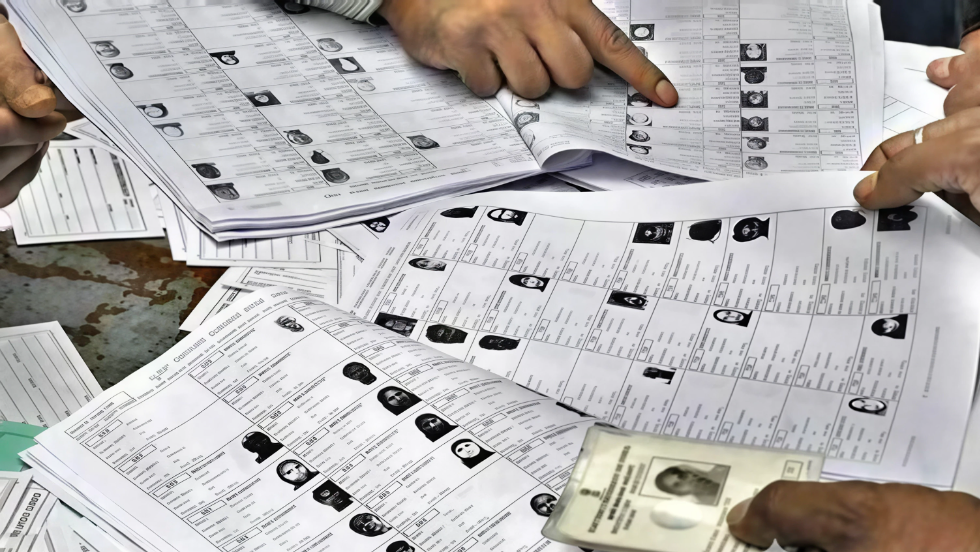
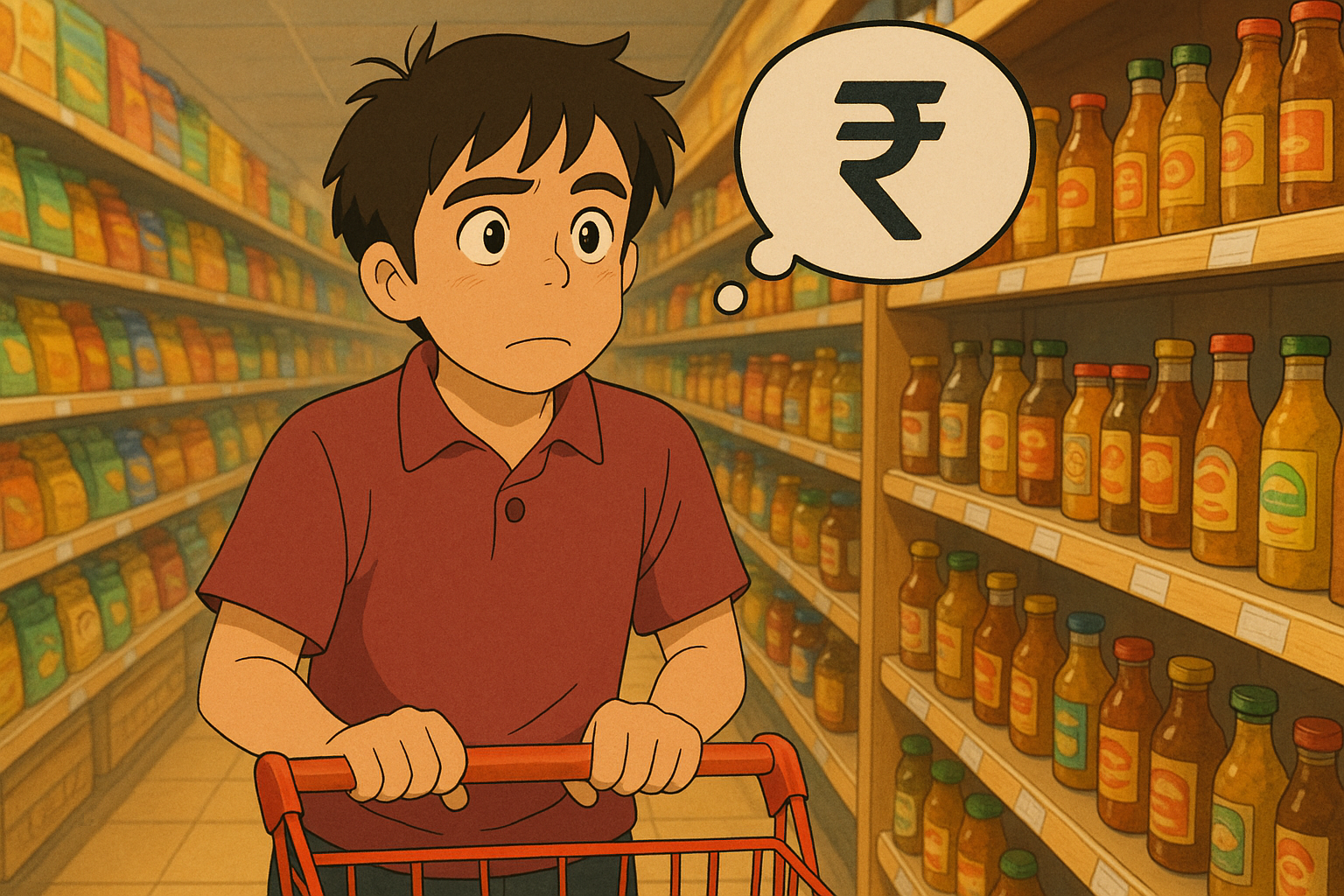
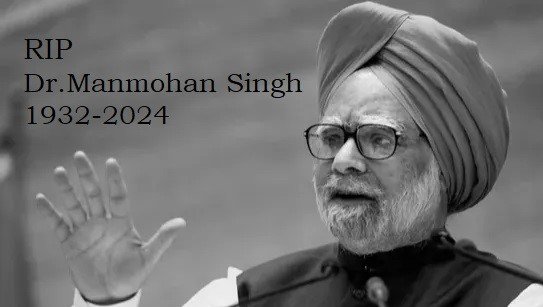
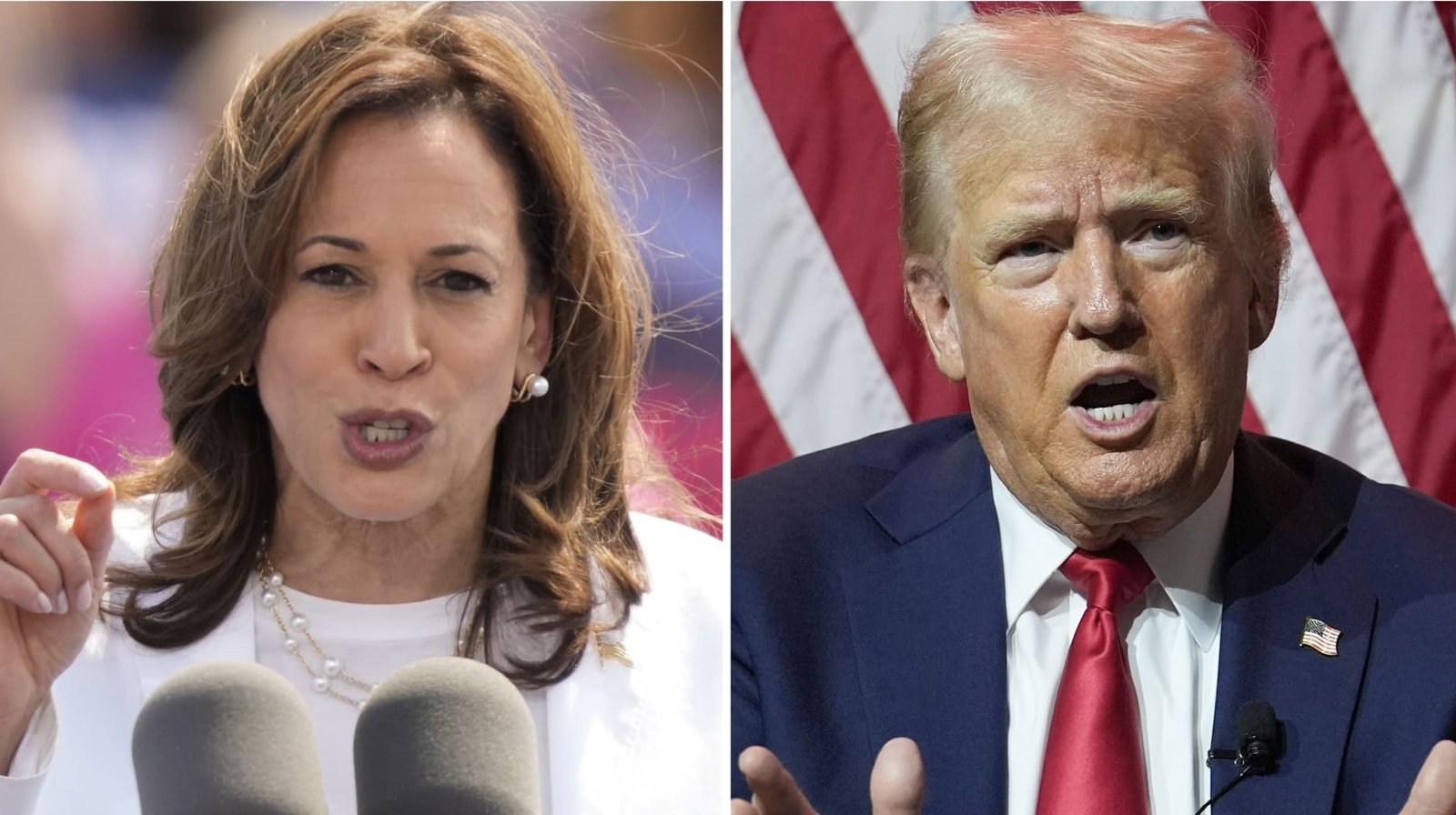
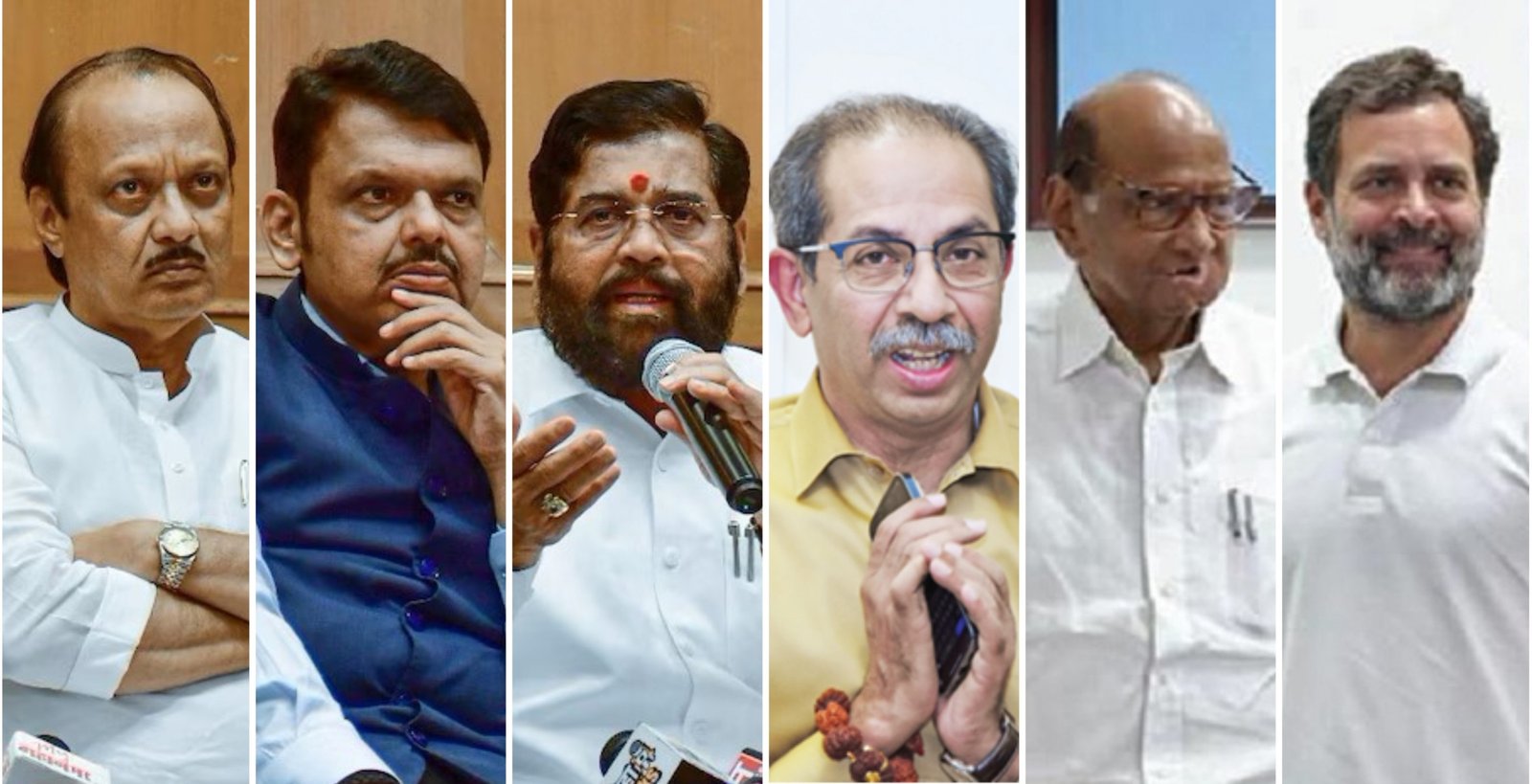
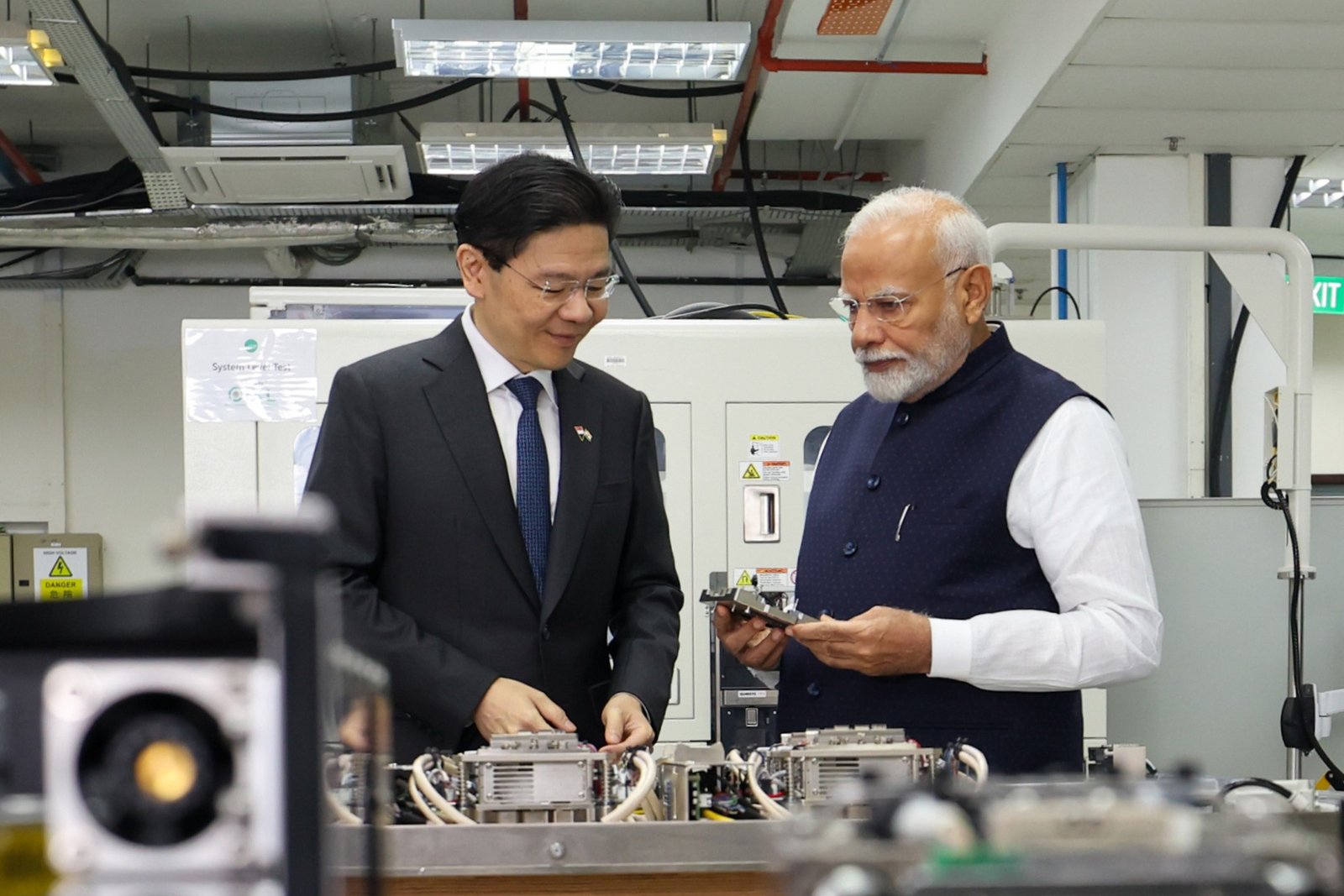
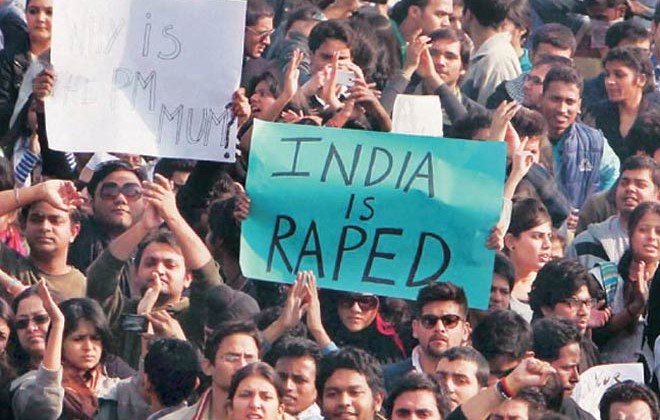
Reporter
View Reporter News